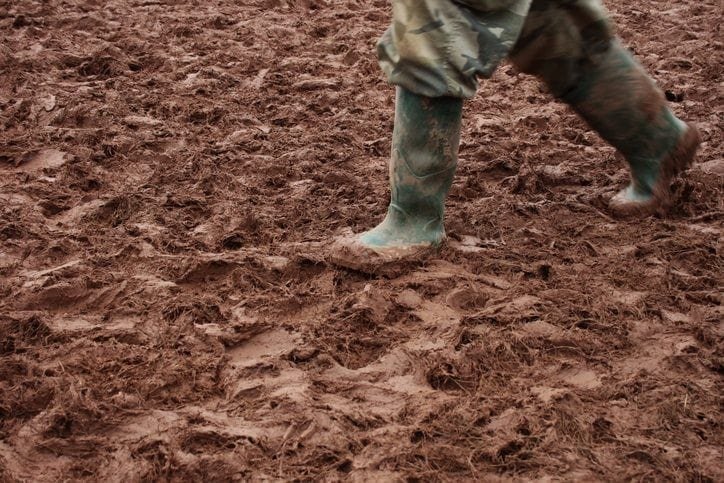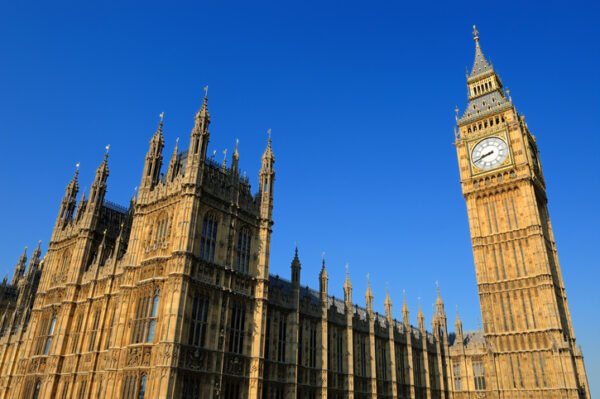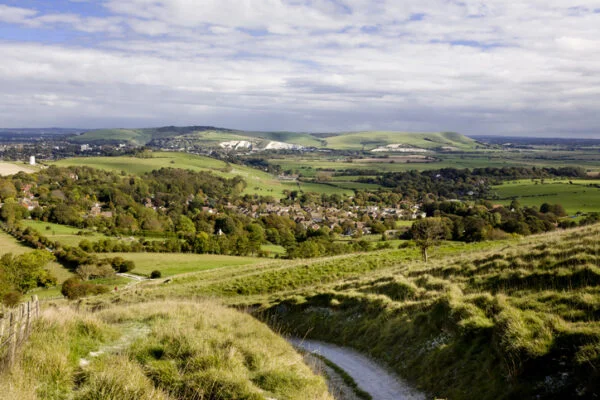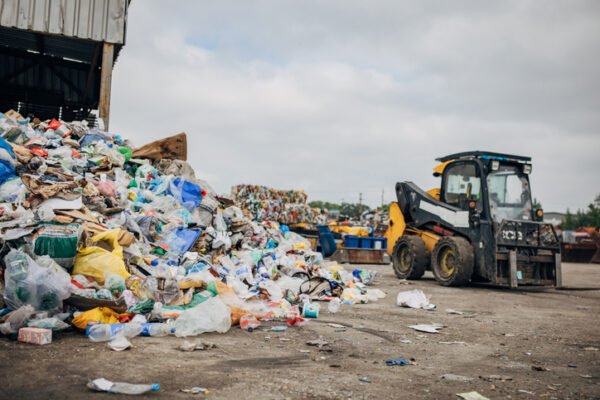Conservationists work to save the planet, and few are as knowledgeable when it comes to the environmental pressures of the Anthropocene.
But the first wide-ranging study to compare the environmental footprints of conservationists with those of other groups – medics and economists, in this case – presents some surprising findings.
It reveals that, while conservationists behave in a marginally ‘greener’ manner, the differences are pretty modest.
Researchers say their findings add to increasing evidence that education and knowledge has little impact on individual behaviour when it comes to major issues such as the environment and personal health.
From pets to diets
Conservation scientists from Cambridge and Vermont universities gathered data on a range of lifestyle choices – from bottled water use to air travel, meat consumption and family size – for 734 participants across the three groupings.
They found that fellow conservationists recycled more and ate less meat than either economists or medics, were similar to the other groups in how they travelled to work, but owned more cats and dogs.
The combined footprint score of the conservationists was roughly 16% less than that of economists, and 7% lower than the medics.
‘As conservationists we must do a great deal more to lead by example. Obvious starting points include changing the ways we interact, so that attending frequent international meetings is no longer regarded as essential to making scientific progress. For many of us flying is probably the largest contributor to our personal emissions.’
ANDREW BAMFORD
Lead author and Professor of Conservation Science at the University of Cambridge
Knowledge and behaviour
Nevertheless the average conservationist in the study’s sample took nine flights a year (half for work, half personal), ate meat or fish five times a week and purchased very few offsets to their personal carbon emissions.
In fact, researchers found little correlation between the extent of environmental knowledge and environmentally friendly behaviour.
‘While it may be hard to accept, we have to start acknowledging that increased education alone is perhaps not the panacea we would hope… Interestingly, conservationists scored no better than economists on environmental knowledge and awareness of pro-environmental actions.’
ANDREW BAMFORD
Lead author and Professor of Conservation Science at the University of Cambridge
Overall footprint scores were higher for males, US nationals, economists and people with higher degrees and larger incomes, but were unrelated to environmental knowledge.
The study also found that greener action in one aspect of a person’s life did not predict it in any others – regardless of occupation. So a positive and relatively simple habit such as recycling did not appear to act as a ‘gateway’ to more committed behaviour change.
 Play Video about This Rock Might Just Save The World
Play Video about This Rock Might Just Save The World Play Video about Play 2 hours of rock
Play Video about Play 2 hours of rock Play Video about Play 2 hours of brook
Play Video about Play 2 hours of brook Play Video about Play 2 hours of sheep
Play Video about Play 2 hours of sheep











































